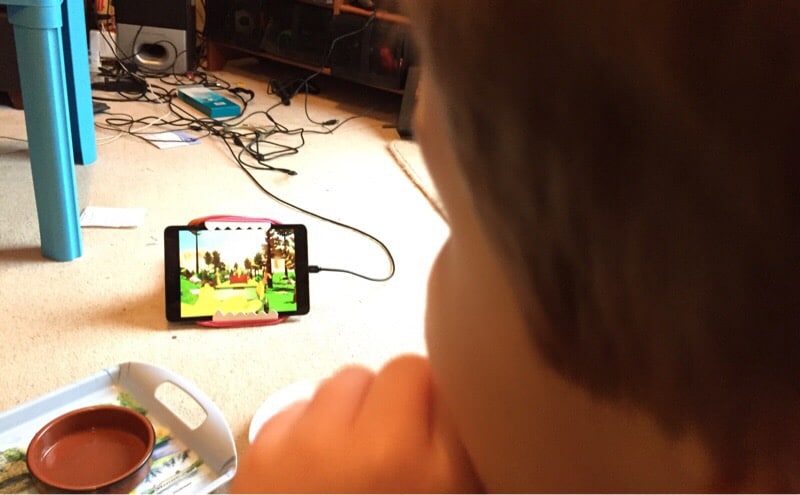How alike are we all? One persons health advice is anothers warning
Sometimes I think we forget that the human gene pool is pretty diverse. Until recently, we have survived in many extremes, deserts, ice belts, tropics, and temperate climates. Places where food is scarce are everywhere. Thus, our gene pool should have the ability to survive on many different diets. I think it’s more likely that many different peoples would have subsisted on very varied diets and would have quickly adapted to this.
I’ve read that many Asian people cannot stomach milk because they have no lactase in their bodies to break down the milk sugar lactose. Europeans rarely suffer from this. That’s because European lifestyles involve dairy produce, and Asian people don’t. That’s a generalisation, but it shows the effects each culture can have on its population. Now that, as people, we mix much more than before, it could be that all these genes will eventually merge, but I don’t think enough time has passed, and there’s no proof it could all merge.
I’m saying there is no evidence that we’re all exactly the same. In fact, all the evidence is to the contrary. We’re all slightly unique in our own way, and that should mean that the perfect diet for each individual will be slightly unique, too. In fact, it means that the perfect lifestyle as a whole should be slightly unique. Maybe now it seems a bit silly that we should all be encouraged to eat the same things, especially when no one can agree.
Further reading
- People don’t mate randomly – but the flawed assumption that they do is an essential part of many studies linking genes to diseases and traits Discusses in detail why genetic correlation does not imply causation which means that just because a gene is correlated with two or more traits doesn’t necessarily mean it causes them.
- How (apparently) identical animals can have different genomes – new research







